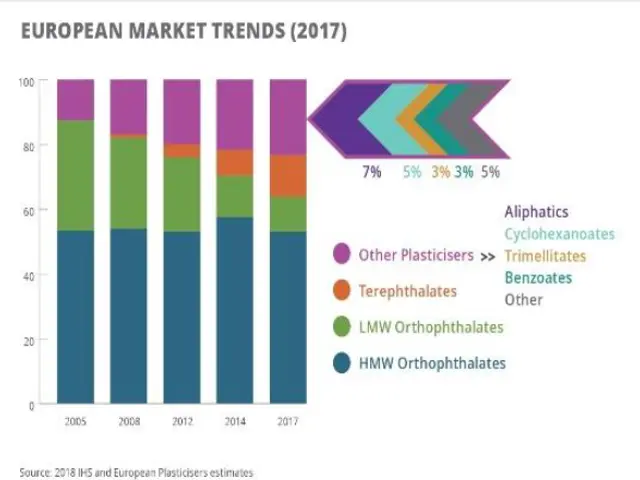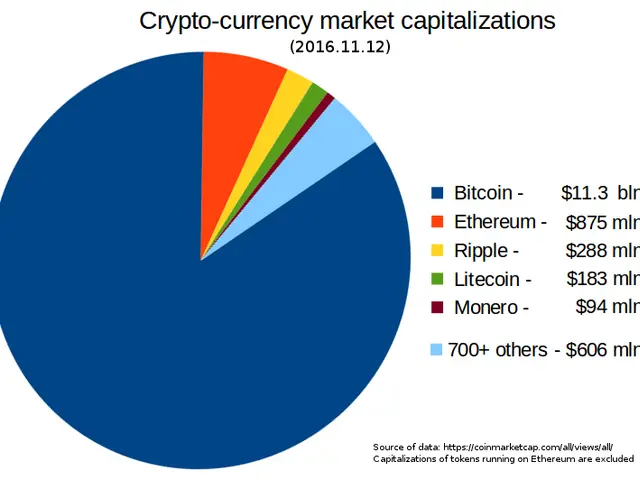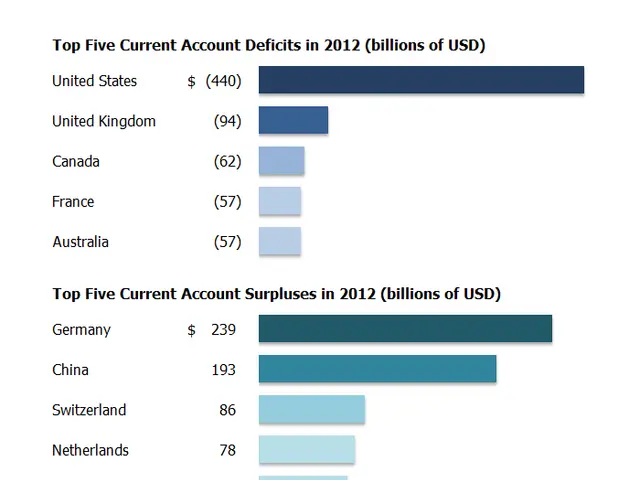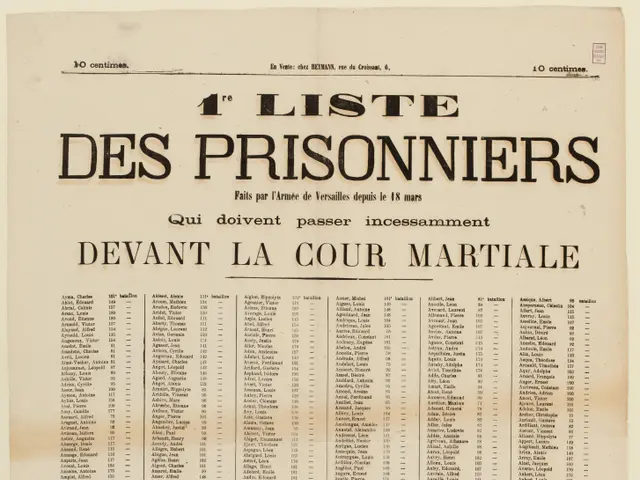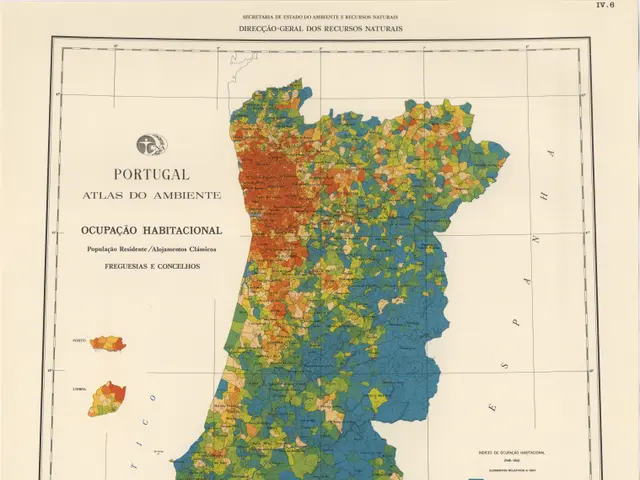Government Crackdown on Fintech Sector in Kazakhstan in Pursuit of Enhanced Tax Income
New Era for Cash in Kazakhstan
Step back a few months, and Kazakhstan was buzzing with the convenience of mobile payment apps. However, times are changing, and small business owners like Kurmet, a hairdresser in Almaty, are feeling the pinch of a new government crusade against digital payments.
"Sorry, mate, only cash this time, you get me?" Kurmet told a regular customer when the usual mobile transfer was out of the question. This was the fifth customer that day who had run out of digital funds, prompting an unwelcome resurgence of carrying wallets filled with bills and coins.
The government's recent audit of mobile transfers, a move part of a broader effort to tighten financial oversight, is hitting small businesses hard. When Kaspi, a popular mobile payment app, first entered the market, it was largely seen as an easy way for pals to exchange funds. But businesses soon caught on, and the app became a preferred choice for transactions.
Yet, these seemingly straightforward transactions have been causing unease among tax officials for years. harping on the loss of untold revenues due to insufficient scrutiny. Following criticism in 2019, the Finance Ministry vowed to tighten the reins on mobile transfer regulation.
The first wave of enforcement came in January 2024, with tax authorities announcing an extensive audit of digital transfers as part of a renewed fight against the shadow economy. Entities or individuals receiving transfer from 100 or more different sources every month for three consecutive months are capturing tax authorities' attention.
However, businesses can't flat-out refuse digital payment methods, as doing so would violate consumer rights. Refusing digital payments can lead to fines of up to $330. The result? Lines snaking at the ATM, a sight that feels like a blast from the past in the digital age.
"This feels like stepping back into the last century," Aruzhan Uvaliyeva, an advertising agency employee, lamented to Eurasianet. "I never thought that in 2024 we'd be carrying around wallets full of cash and coins again. It's really sad."
This shift is part of President Kassym-Jomart Tokayev's new economic policy, a welfare-centric growth model targeting an annual GDP expansion to $450 billion by 2029. Some officials have opined that low taxes are a significant hindrance.
Last year, the National Economy Ministry proposed increasing VAT from 12% to 16%, with the main argument being that Kazakhstan has a light tax burden compared to other countries. The business community is less than thrilled about the hike, warning that it could fuel inflation and contribute to the growth of the shadow economy.
So, for now, the VAT idea has been sidelined. "You can't just jack up taxes. We need to focus on improving the system for collecting them and shrinking the shadow economy," Tokayev said at a government meeting on February 7.
Some business insiders argue that this toughening of the tax collection system goes against the long-standing unspoken social contract between the government and Kazakhstan's populace: the authorities don't demand excessive taxes, and citizens don't expect too much from the state.
"Everyone understands how deeply corruption has seeped into Kazakhstan's government, and they don't want to pay taxes that'll be pilfered by officials," Beisembayev, a financier at international brokerage group Tickmill, told Eurasianet. "Now the state wants to force citizens to share their income, but without first eradicating corruption."
While small businesses struggle, there are signs of pushback. In January, a group of small store owners gathered to demand a reduction in retail taxes, complaining that increased competition from large retail chains and online retail is making it challenging for small players to survive. "With the beginning of the year, problems with mobile transfers [further] impacted sales," one of the store owners was quoted as saying by the Atameken National Chamber of Entrepreneurs.
The government's nervousness about public discontent is clear: officials have already promised to review their policies on mobile transfers. As the dialogue continues, one thing's for sure—Kazakhstan's financial landscape is set for an exciting and challenging transformation.
- The government's recent audit of mobile transfers, a move aimed at tightening financial oversight, has led to a resurgence of cash transactions in businesses like Kurmet's, a hairdresser in Almaty.
- In the digital age, the shift towards cash payments is causing frustration among individuals like Aruzhan Uvaliyeva, an advertising agency employee, who finds it surprising to carry wallets full of cash and coins once again in 2024.
- The Kazakh government's campaign against the digital shadow economy is part of President Kassym-Jomart Tokayev's new economic policy, targeting an annual GDP expansion to $450 billion by 2029. The policy includes a renewed focus on tax collection to combat excessive corruption and light tax burden.
- Increased taxes, such as the proposed increase in VAT from 12% to 16%, have been met with resistance from the business community, who warn of potential inflation and growth of the shadow economy.
- Small businesses across Kazakhstan are experiencing difficulties due to these policy changes, with some pushing back against increased retail taxes and expressing concerns about the impact of cash-only restrictions on sales, especially in the light of increased competition from large retail chains and online retail.

